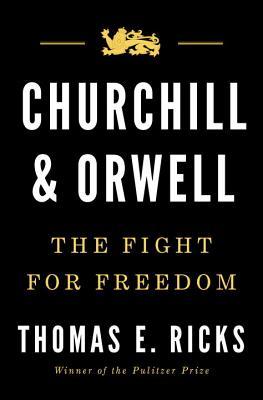What do you think?
Rate this book


352 pages, Hardcover
First published May 23, 2017
It is a mistake to read too many good books when quite young … Young people should be careful in their reading, as old people in eating their food. They should not eat too much. They should chew it well. – Winston ChurchillThis is literally the only thing Churchill said that I kinda agree with. I still find the quote hella condescending (let's be real, young people can do whatever the fuck they want) but I like the sentiment of engaging with literature on a deep level. Yup, that's everything I will say about Churchill here. #sorrynotsorry
The civilisation of 19th century America was capitalist civilisation at its best. The State hardly existed, the churches were weak and spoke with many voices, and land was to be had for the taking. If you disliked your job you simply hit the boss in the eye and moved further west.I don't know about you but this is, hands down, one of the most ignorant statements I have ever read. To portray America of the early 1800s as a kind of libertarian paradise for the workingman is a slap in the face of all women and people of color. And it's definitely something I won't be able to forgive.